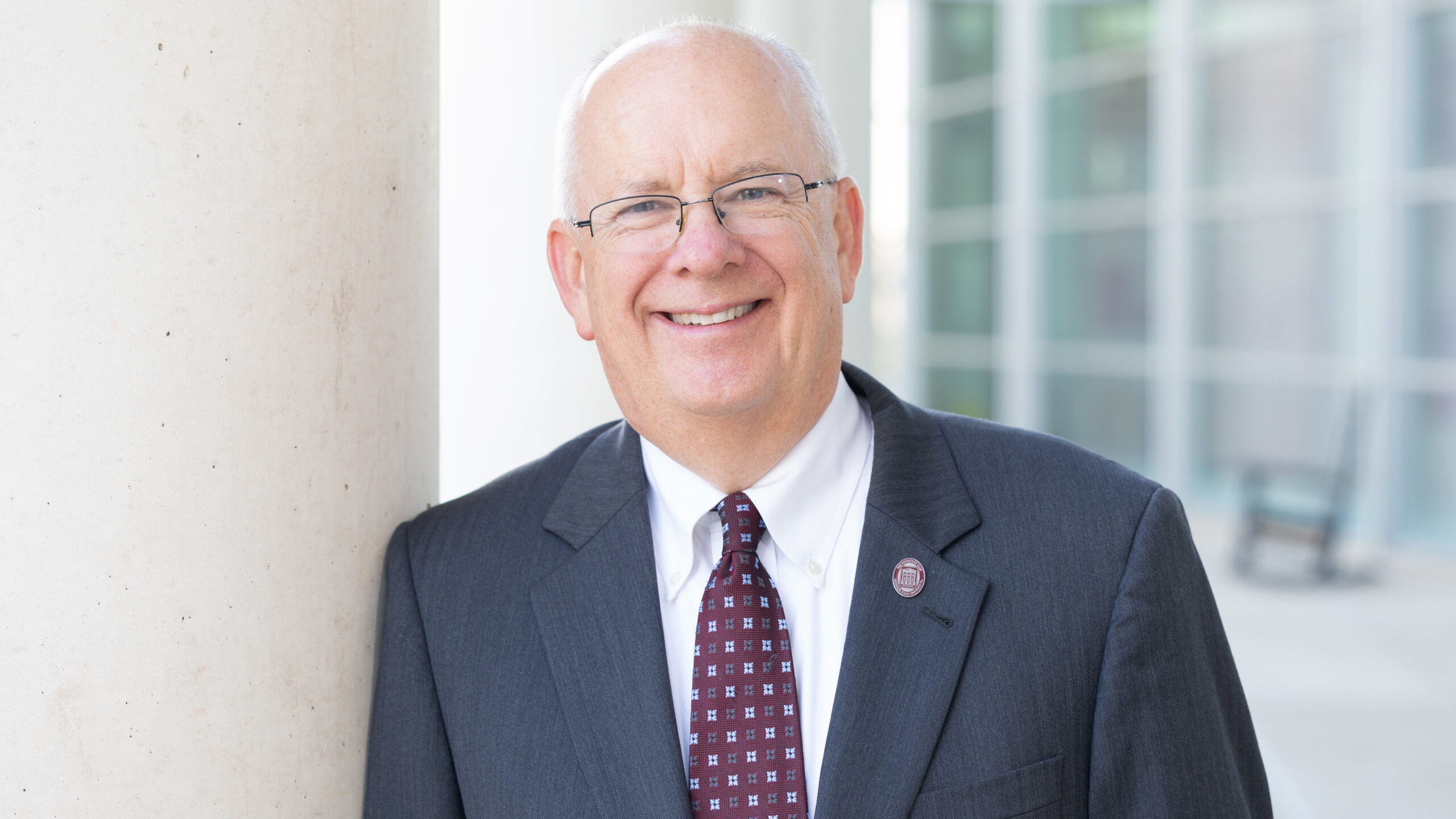Missouri State University President Clif Smart announced today (Sept. 6) that he will retire in the summer of 2024. Smart has served as the 11th president of Missouri State since June 27, 2011.
“It has been my greatest honor to serve as president of Missouri State University,” Smart said. “I’ve had the privilege of witnessing the unyielding dedication and the remarkable passion of our students, faculty and staff.
“As I approach retirement, I can’t help but smile at the memories we’ve created and the progress we’ve made together. This institution will forever hold a special place in my heart, and I’m excited to see how its story continues to unfold.”
Accomplishments under Smart’s leadership
“Missouri State University has thrived under Clif’s leadership,” Board of Governors Chair Chris Waters said. “He saw us through the very challenging years of the pandemic and has moved the university forward in too many ways to name.
“Clif’s visionary leadership, unwavering commitment to academic excellence and genuine passion for the growth of our students have left a lasting mark on our university. He has led with integrity and innovation. His impact will continue to resonate within these halls and beyond.”
Under Smart’s leadership, the university has:
- Been recognized as a doctoral granting university by the State of Missouri, the Missouri Coordinating Board of Higher Education and the Higher Learning Commission.
- Doubled the number of terminal degree programs offered, adding Master of Fine Arts programs and doctorates in occupational therapy, psychology and defense and strategic studies.
- Completed the two largest comprehensive campaigns in university history ($274 million and $167 million).
- Set records in state and federal appropriations, private gifts and grant funding.
- Continued the development of IDEA Commons, becoming the leading entity involved in economic development in the region while reinvigorating an abandoned industrial area of Springfield.
- Set new records in numbers of graduates, graduate employment rates and overall enrollment.
- Increased the diversity of faculty and staff, including establishing a successful mentoring program for underrepresented and international faculty.
- Maintained affordability for students by raising tuition and fees by less than inflation while reducing the number of hours required to graduate from 126 to 120.
- Upgraded campus facilities, including building the Magers Health and Wellness Center, the Davis-Harrington Welcome Center, Allison North and South Stadiums, the Foster Family Recreation Center, the O’Reilly Clinical Health Sciences Center and the John Goodman Amphitheatre, and extensively renovated Ellis, Glass, Hill, Kampeter and Pummill halls, as well as Plaster Stadium.
University to conduct national search
The university will conduct a national search to replace Smart. The search will be managed in-house and will be led by a search committee that will be named by the end of September.

